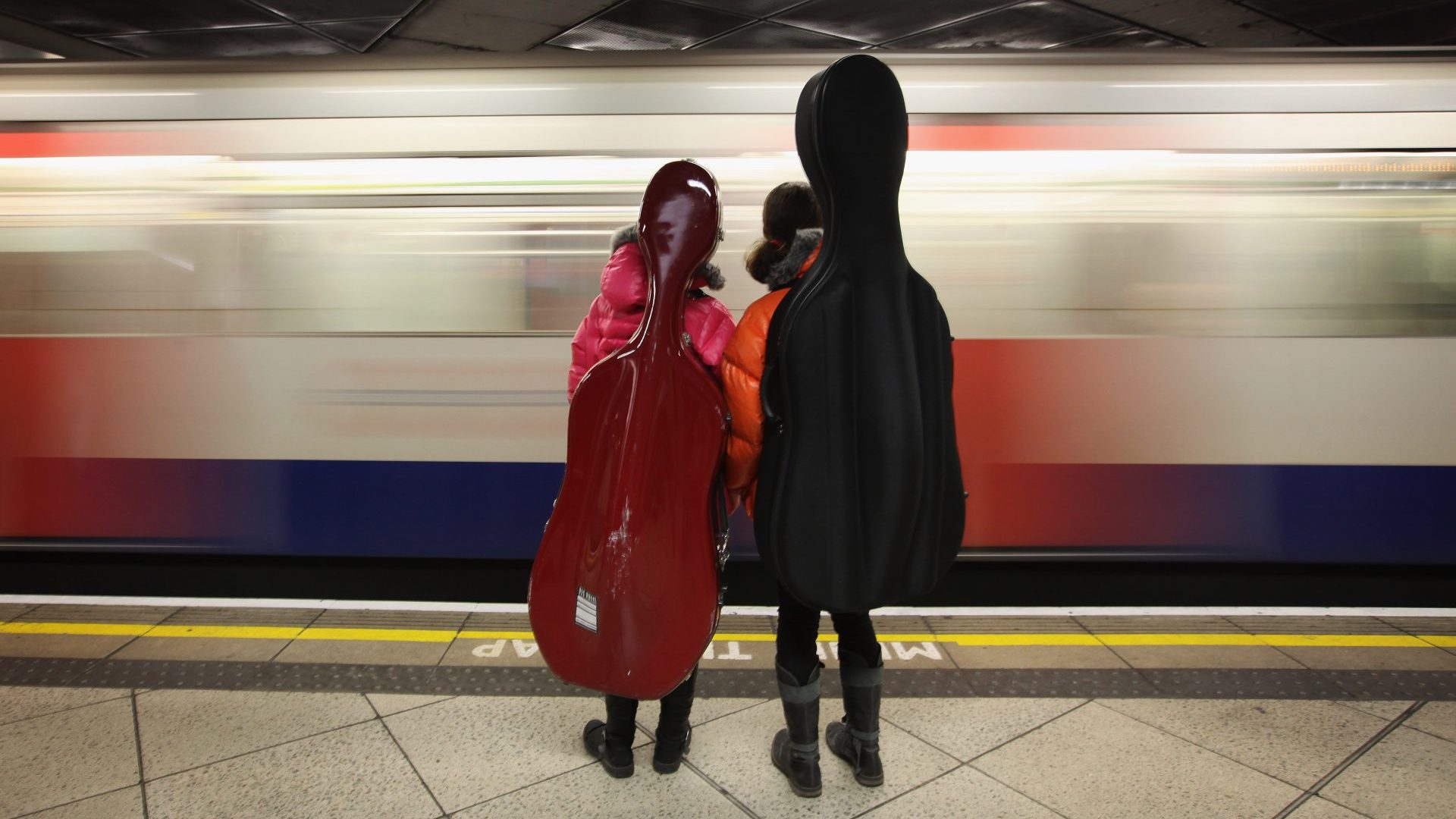After pianist Lang Lang first made his dramatic teenage breakthrough in 1999, the revered conductor Daniel Barenboim reportedly told him that
– while technically brilliant – he needed to understand the context of his instrument’s core European repertoire. In that worldview, musicians must visit French churches, appreciate Italian art, wander the streets of Vienna, see where composers lived in Leipzig, take the air in Prague, walk in Beethoven’s shoes.
Europe is the historic heart and soul of Western classical music tradition. Even amateur youth orchestras and choirs are on the move there – at 13,
my son was whisked off to Prague with his youth orchestra. They played in packed venues.
Yet today, the walls are closing in. After Covid, Brexit travel restrictions threaten the very future of European tours for British musicians – from
Elton John to violinist Nicola Benedetti, they’re sounding alarm bells.
Amid climate concerns, they’re also forced to contemplate the spectacle of
scores of musicians and truckloads of instruments dashing across Europe
and ask – why tour at all?
It’s an uncomfortable question, especially for orchestras. As Mark Pemberton, director of the Association of British Orchestras, points out,
European gigs represent one of the few routes to a fulsome pay cheque.
“Touring earns – it’s an export. An irony is that if you do a concert in the UK it will lose money, because the UK is frankly extremely badly funded,” he told me. Ever tighter funding is dwarfed by the subsidy enjoyed by their European counterparts. And there’s no glitzy American-style philanthropy to compensate.
European demand provides one answer at a time when there is debate about whether the UK has too many orchestras – watch the W1A episode when the hapless executives try to merge the BBC orchestras, and then try to imagine what Nadine Dorries would think about that.
British orchestras tour prolifically. They offer interesting programming and agility – squeezing tours between their own concerts and typically demanding minimal rehearsal time. Many are freelance and must chase work.
A point made vividly by Helen Heslop, former tour director of London’s freelance Philharmonia. “Non-contract orchestras pack in as much as possible, and push players hard timewise. I remember going to Venice: We flew early morning, were delayed getting on the boats, had half an hour’s rehearsal, went straight on to the concert, and flew back the next morning. It was bonkers.”
Burnishing reputation also matters. That was certainly the case when tours
were first taking off in the 1920s and 30s. Performing where music is highly
prized and top-notch venues abound raises profiles. For young musicians,
Europe is a key place to learn. For a stressful profession blighted by financial woes, touring boosts morale and bonding. As the reach of classical music grows – America has long been a market and Asia has big audiences and increasingly impressive performers and composers – the possibility for travel widens.
An increasing outreach element in tours – between concerts, players might coach local musicians or play in hospitals – also gives them moral heft. And there’s diplomacy; orchestras can play cities politicians cannot reach.
Even so, I’ve spoken to several musicians who think the arguments are stacking up against them. Things must change, regardless of whether
there are more visa waivers, fewer trucking restrictions and streamlines
bureaucracy about endangered species (old instruments can contain
ivory and rare wood).
What’s the answer? Technology, minimising flights, offsetting (a blunt tool) and smarter touring with fewer short hops, are among solutions under discussion. Whatever the solution, international engagement is music’s
lifeblood. As borders tighten all around, it’s vital to find a way forward.




